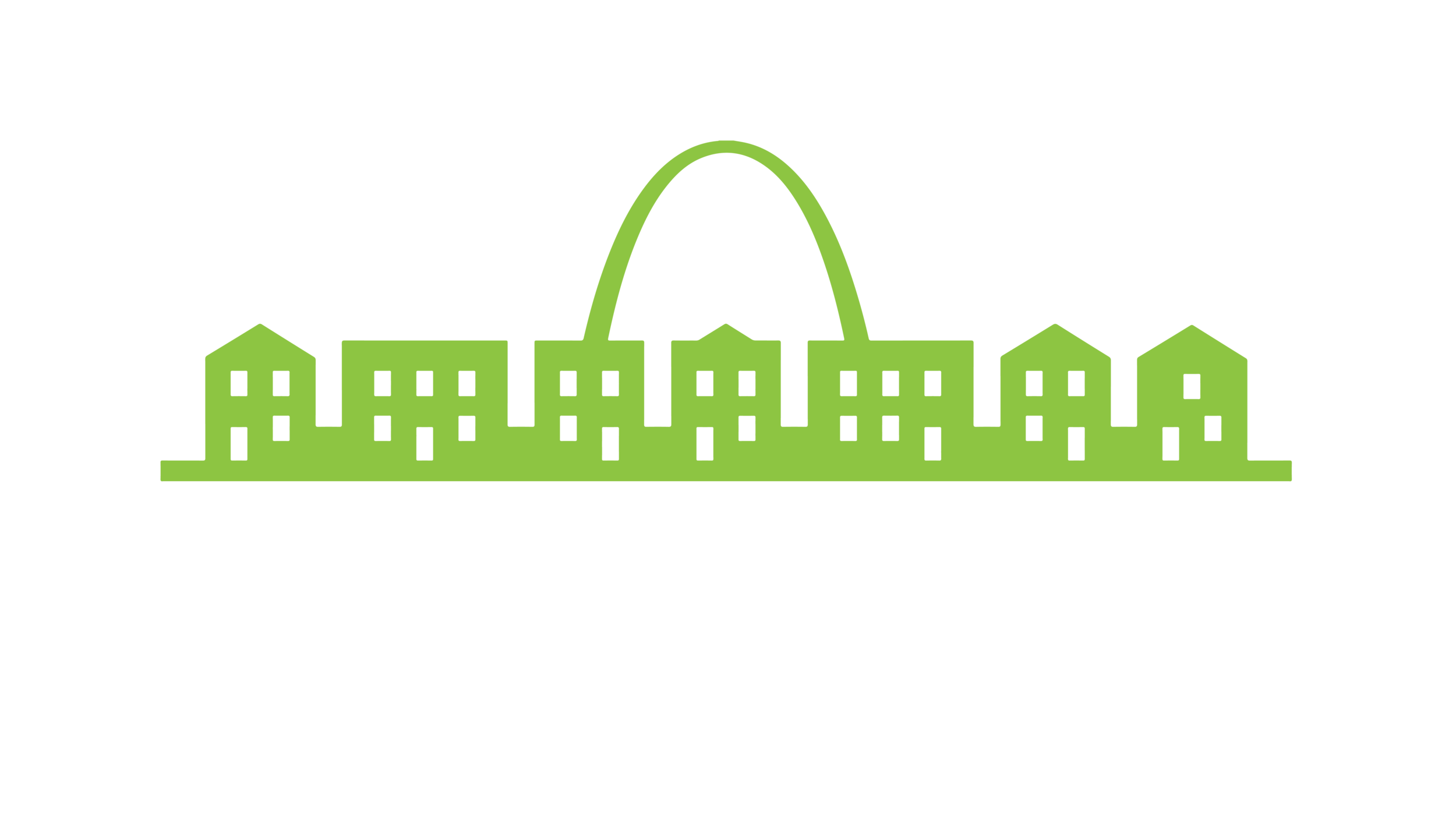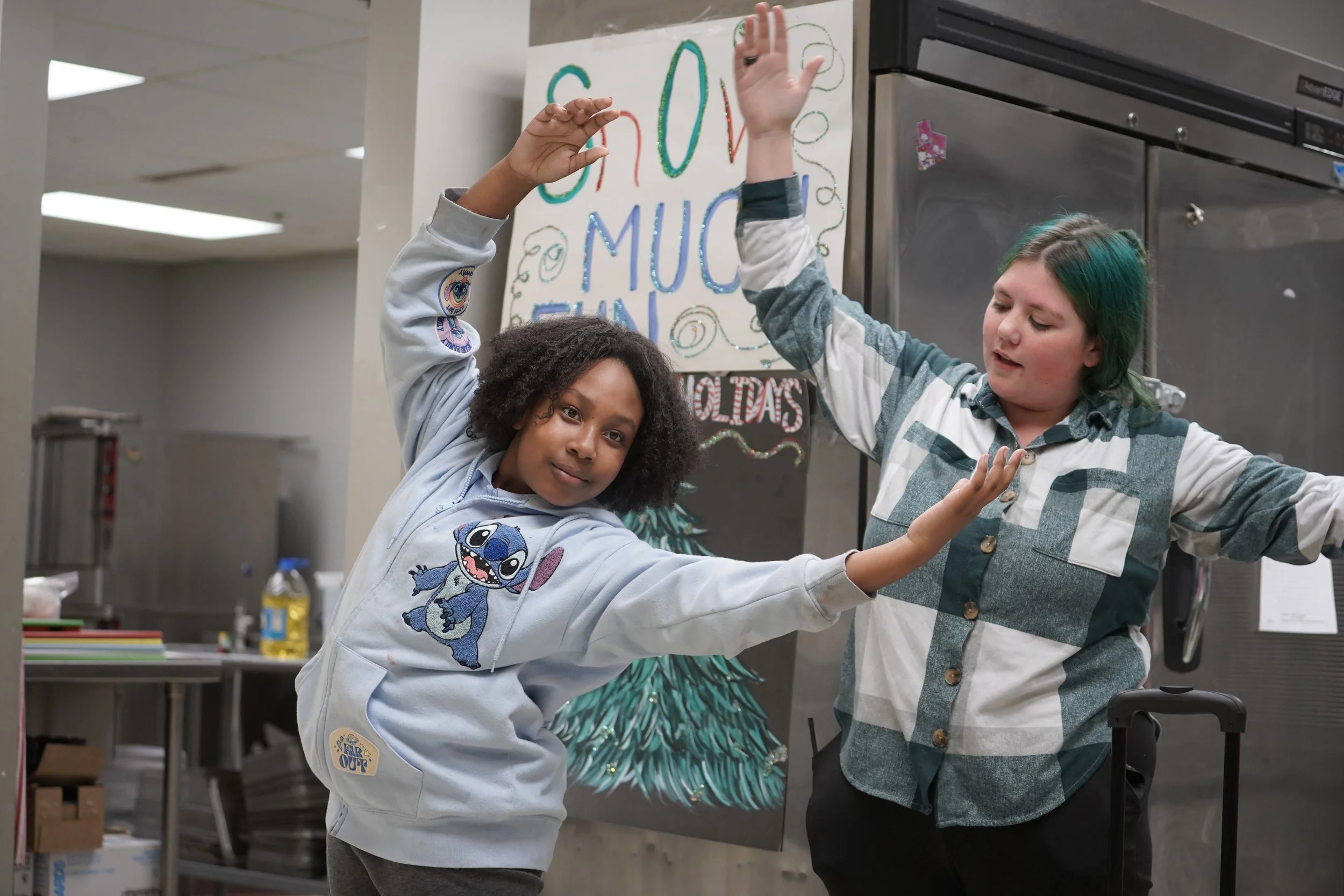A Deep Dive on Beyond School
At Mission: St. Louis, we believe that a quality education is important for all people. However, many students across St. Louis City lack access to quality education and operate at least 1.5 grades levels behind for reading for their grade level. Many students are also navigating systemic barriers tied to poverty and trauma, with more than 40% of children born in St. Louis born in poverty. Research from NPJ Science of Learning shows that students in high-poverty areas are often exposed to large amounts of stressors that impact success in schools. This can include economic strain, food insecurity and neighborhood violence. Children living in poverty may also be exposed to parental stress and the lack of resources to buy books and other educational materials, which can contribute to disparities in academic achievement.
The urgency to address students’ academic needs was made clear in our early days. In partnership with Adams Elementary, we had an in-school support program called “Morning Reading,” where volunteers came in to read with students before school started. After some time, we noticed that this program was failing to meet the varied needs of students that were struggling with reading comprehension.
This became clear to our Executive Director Josh Wilson when he asked the principal how to make a real difference. “Teach my babies how to read,” she said.
Her answer directly showcased how the need was deeper and more systematic. Through building relationships with the students and families at Adams Elementary, our staff also saw firsthand that there was a greater need for support beyond typical school hours.
Spending time with students after school, we witnessed the students going long hours without supervision, as many parents work during this time. Students were then exposed to unsafe environments and had little opportunity for social and emotional growth. Research from Afterschool Alliance confirms that the hours between 3:00 and 6:00pm are when students often go unsupervised. During this time, students are vulnerable to risky behavior, both as participants and as victims.
Our current comprehensive afterschool program, Beyond School, was designed to give students a safe and enriching environment to be in while providing social and academic support.
We currently operate in four charter schools in St. Louis City and maintain positive relationships with the school and the students, being present throughout the day. The current model is made up of success coaches and site coordinators that lead student enrichment activities, provide academic assistance and support students outside of program as well.
Further findings from Afterschool Alliance show that students living in areas of concentrated poverty are vulnerable to high dropout rates. We aim to prevent this and address our students through the ABCs of high school dropout: Attendance, Behavior and Coursework.
Through attendance, Beyond School looks for student engagement. Looking at behavior, the program centers on a student’s ability to self-regulate and focus on their work. For coursework, the program aims to help students understand the curriculum.
“We really believe that if they are engaged in Beyond School, they also have more tools to be engaged in the school day,” Erin Malone, VP of Education said.
In collaboration with the individual schools, the Beyond School program is able to meet students where they are academically by using data provided by the schools. According to Erin, time is what most of the students need, and this is one of the most valuable assets that Beyond School provides. It gives students the opportunity to catch up academically. During program, success coaches create personalized lesson plans to help students with their homework, providing one-on support based on their needs during academic time.
Another important aspect of Beyond School is its emphasis on building relationships and support with the students, especially given that many of them come from poverty and trauma-based backgrounds. During Crew Time, success coaches gather with their students to discuss topics like emotional regulation, bullying and other topics that give them a space to have a non-judgmental conversation. Success coaches also plan enrichment activities for students that span creative art projects, yoga, DJ’ing, or robotics. These activities give students the opportunity to explore their interests and find their passions.
This program seeks to address the academic challenges students face as a result of poverty and stressful situations while also incorporating fun days and enrichment activities. Programs like Beyond School are vital in supporting students and many leaders in the program hope to continue this work.
“I want to be able to grow it in a way that we are going to be able to maintain the results and the level of commitment and support have to our students and families,” Erin said.

